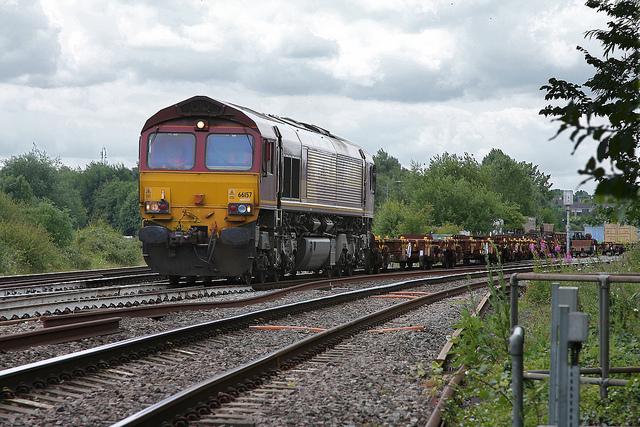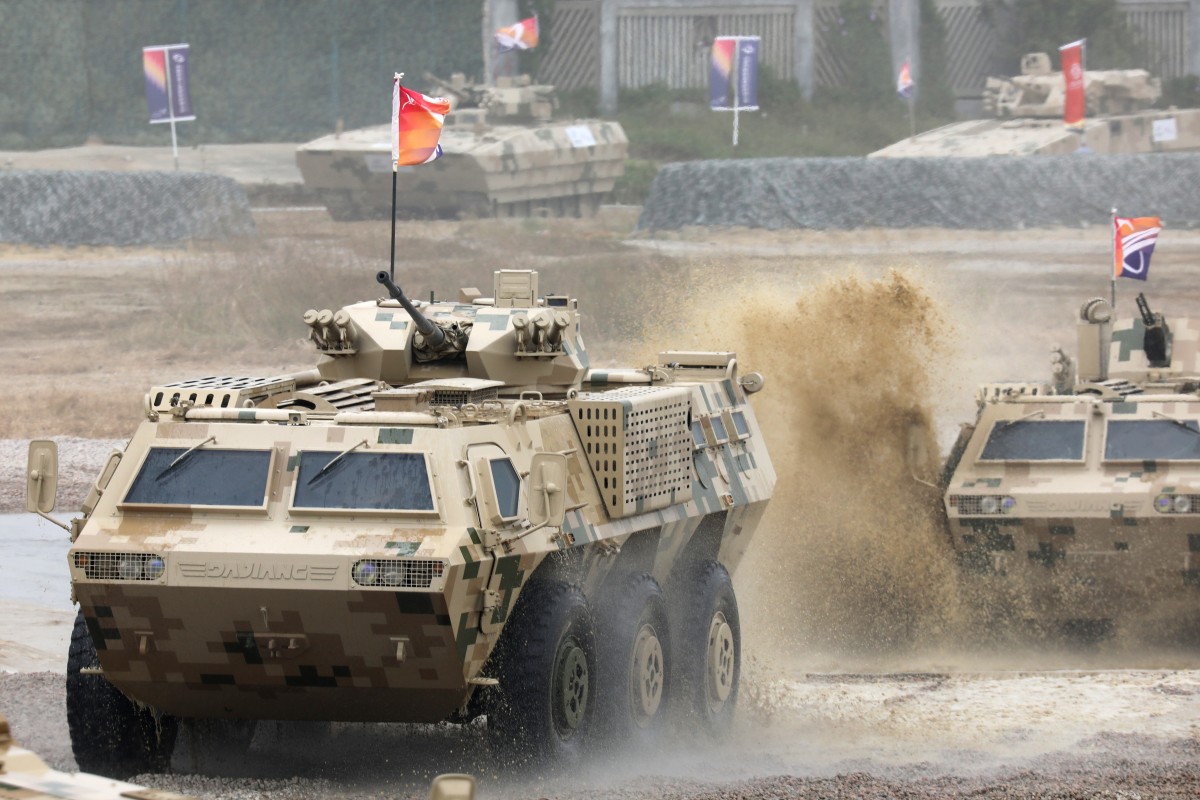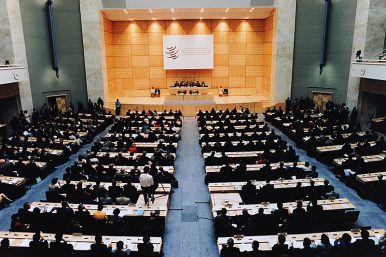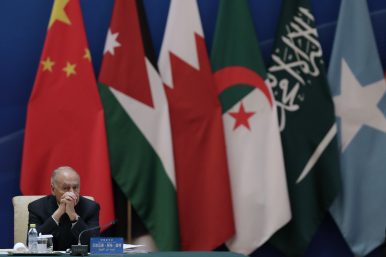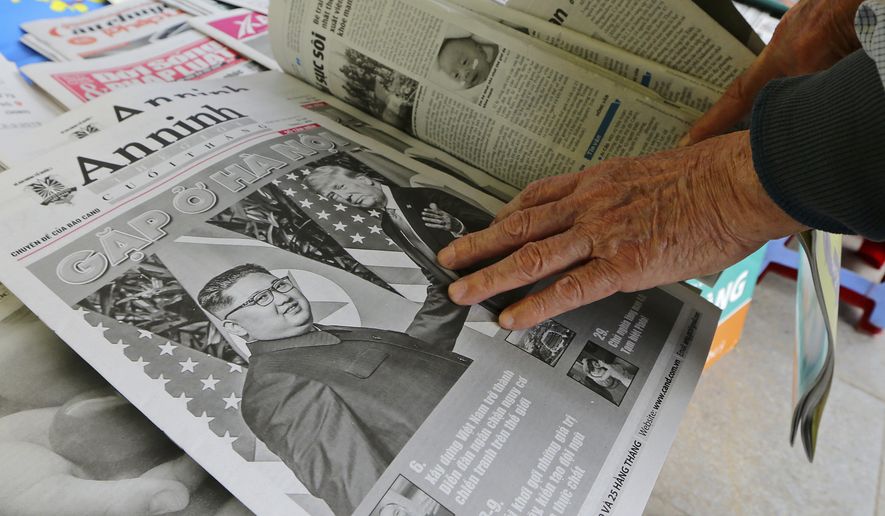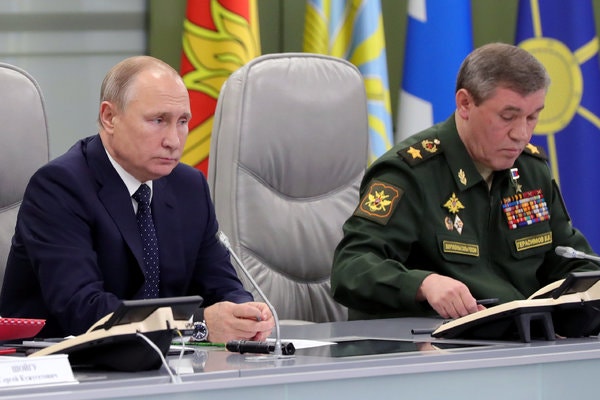Maj Gen P K Mallick, VSM (Retd)
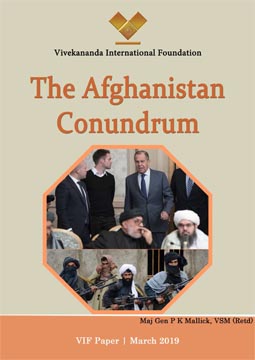 The location of Afghanistan is geostrategically critical. It is a land bridge that links China, Central Asia, South Asia and the Middle East. Geo-politically, Afghanistan is located conveniently close to “the soft underbelly” of Russia and China and its neighbor Iran. Will the Americans leave this geo-strategically important location? However the country is constantly at war for several decades. For the country to prosper Afghanistan must have some semblance of peace. For ending the 17 year old war the United States is pushing the Taliban to join peace talks with present Afghan Government. The problem is how to balance the Taliban's demand for a complete withdrawal of U.S. and allied forces with Kabul's desire for U.S. troops to stay.Download Pdf
The location of Afghanistan is geostrategically critical. It is a land bridge that links China, Central Asia, South Asia and the Middle East. Geo-politically, Afghanistan is located conveniently close to “the soft underbelly” of Russia and China and its neighbor Iran. Will the Americans leave this geo-strategically important location? However the country is constantly at war for several decades. For the country to prosper Afghanistan must have some semblance of peace. For ending the 17 year old war the United States is pushing the Taliban to join peace talks with present Afghan Government. The problem is how to balance the Taliban's demand for a complete withdrawal of U.S. and allied forces with Kabul's desire for U.S. troops to stay.Download Pdf 

